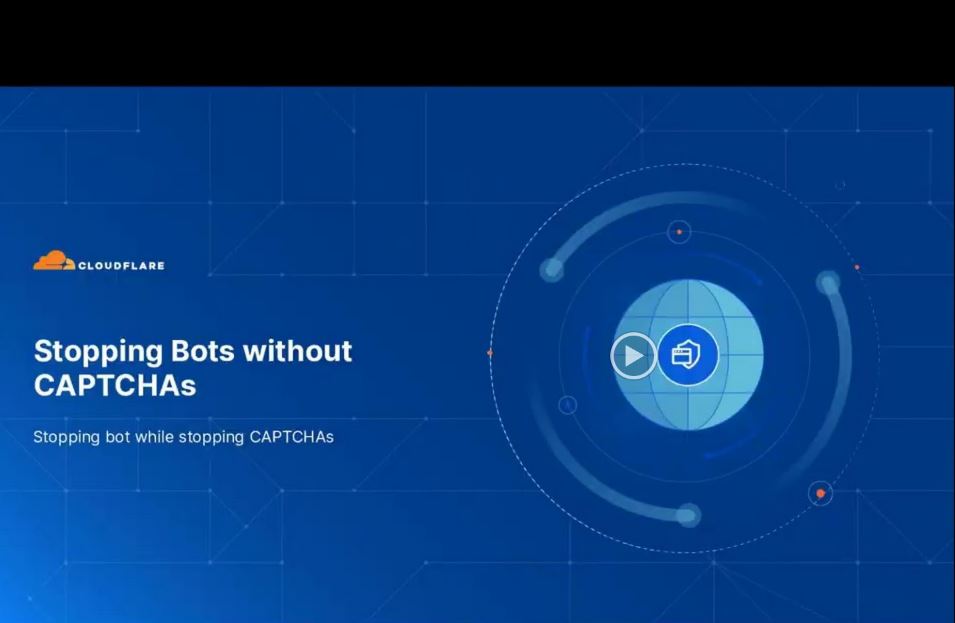No Wi-Fi is better than slow Wi-Fi
Struggling with internet connections isn’t worth the time, but it’s hard to resist the temptation when it’s just within reach


My sister and her family visited me in June. As her children are approaching their teenage years and are travelling from Canada – which has terrible and expensive roaming mobile plans – the first words out of my niece and nephew wherever we went was: “What’s the Wi-Fi?”
This isn’t a dig at younger generations. They were asking because they knew their parents had already sussed it and were diligently tapping the login details into their iPhones.
This was no problem when we were in London. The capital and other well-connected cities in the UK have solid mobile coverage and decent speeds. Head to rural locales, however, and it’s like going back in time. I’m sure many readers who live in pretty, but poorly served, places are nodding along right now.
As of 2020, 190,000 UK properties were unable to get at least 10Mbits/sec, according to Ofcom, leaving the families and businesses at those locations struggling on useless connections. Also, it’s not as if 10Mbits/sec is what most of us would call speedy.
I’d rather have no internet for a week than slow, unreliable internet, and I know this because my sister and I rented a holiday house in an area called the Cotswolds Water Park. This mini Lake District two hours from London was born from the harvesting of limestone gravel; after the work was done, local streams filled up the pits. I know this because I just Googled it, and Wikipedia told me so. That was a thing I could not do while on holiday.
The internet was so slow that checking a historical fact caused tears of frustration. Load the website of the local Argos to see if they had badminton racquets in stock? It was faster to drive to the store. Place a grocery order to restock soda and candy for the kids? Again, better to get in the car. Upload a photo to Instagram or sharing one to a family WhatsApp group? Forget it, we’ll have to paint a picture with our words.
We tried a few things to make the Wi-Fi work, beginning with taking away the kids’ phones to see if they were just hitting the web too hard. That wasn’t it. My husband thought the mesh network in the house was poorly arranged, so reconfigured it. That didn’t fix it. The main router was in a closet, so he drove to the shops and bought a longer cable to bring it closer to the humans who wanted its powers, but alas, no luck.
Get the ITPro daily newsletter
Sign up today and you will receive a free copy of our Future Focus 2025 report - the leading guidance on AI, cybersecurity and other IT challenges as per 700+ senior executives
RELATED RESOURCE

The newest approach: Stopping bots without CAPTCHAs
Reducing friction for improved online customer experiences
Mobile access was no better. Remember 3G? I don’t want to, but we were lucky to get even that. Most of the time it was non-existent, too.
Plenty of you are probably thinking I should be grateful for the unwanted digital detox, and any real holiday should be offline, gallivanting outside with the kids. But this is the UK, and it rained. Stuck inside, I wanted to stream music, download movies, update games on the Nintendo Switch, refresh my Kindle library to start a new book. It isn’t like the old days either, and I can’t exactly drive to the out-of-business Blockbuster to buy a DVD when the house didn’t even have a player.
Plus, my life is online. I needed to respond to a few work emails; that was possible so long as I didn’t mind the message sitting in the outbox for a day before sending. I also needed to access my bank to pay bills, log in to Tesco to add a few key items to a grocery order, and search for what local towns were worth visiting and how to get there.
If there had been no internet access at all, we would have been better off. Our smartphones would have been useful only as cameras, and stayed in our pockets the rest of the time. I might have missed paying a bill or had to do an extra run to the shops and gotten lost on the nausea-inducing local roads, but at least I wouldn’t have stared at my phone screen, frustratingly refreshing it in the hopes that it would just load that last little bit.
I haven’t had to think about internet speeds for years. My connection at home and around town have made always-on internet as predictable as water running from my tap. My holiday in the damp bit of the Cotswolds was delightful, but it was also a reminder that so many people in this country don’t get the benefits of the online world on tap the way the rest of us do, impacting how they live and work. Nobody should have to live like that. We wouldn’t tolerate 190,000 people being forced to fill their kettles from a slow dribble. It’s time the government finally treated broadband like the utility it is.
Freelance journalist Nicole Kobie first started writing for ITPro in 2007, with bylines in New Scientist, Wired, PC Pro and many more.
Nicole the author of a book about the history of technology, The Long History of the Future.
-
 Bigger salaries, more burnout: Is the CISO role in crisis?
Bigger salaries, more burnout: Is the CISO role in crisis?In-depth CISOs are more stressed than ever before – but why is this and what can be done?
By Kate O'Flaherty Published
-
 Cheap cyber crime kits can be bought on the dark web for less than $25
Cheap cyber crime kits can be bought on the dark web for less than $25News Research from NordVPN shows phishing kits are now widely available on the dark web and via messaging apps like Telegram, and are often selling for less than $25.
By Emma Woollacott Published